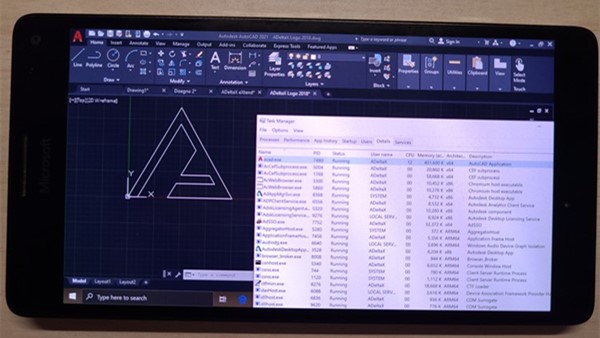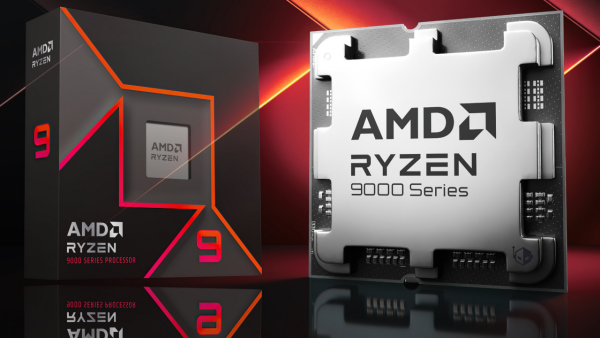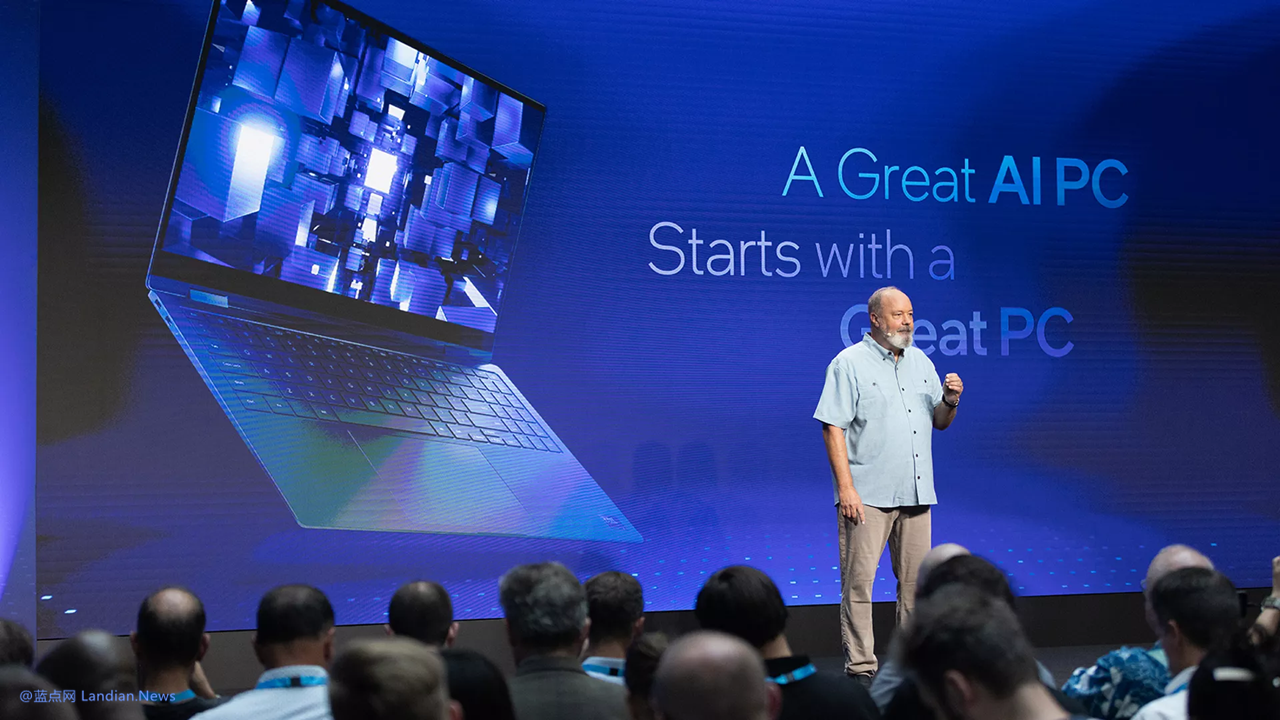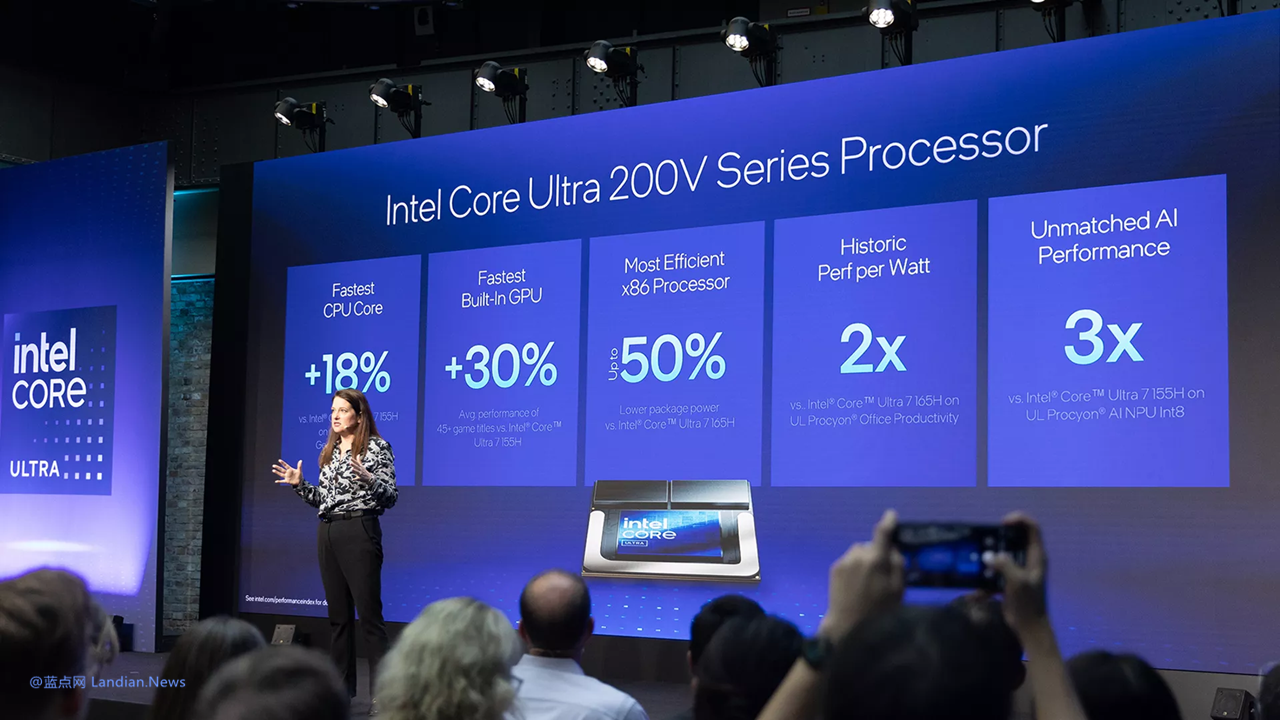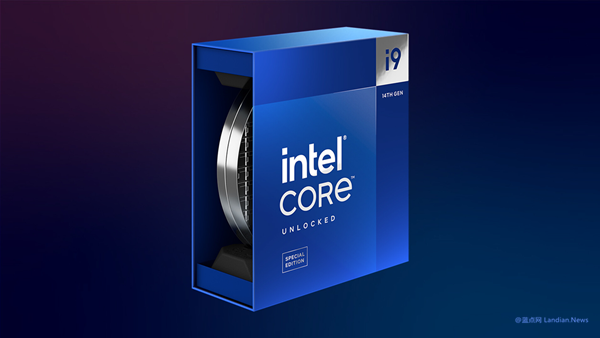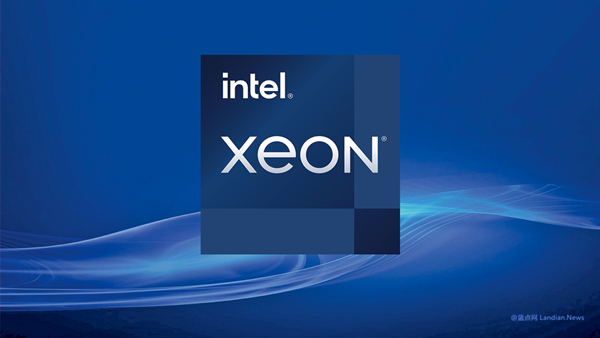US Revokes Licenses for Huawei to Buy Chips from Qualcomm and Intel
The US government has revoked the licenses previously granted to Qualcomm and Intel to sell specific semiconductor products to Huawei, which allowed them to provide civilian-level processor products to the Chinese tech giant.
With the licenses revoked, Qualcomm is no longer permitted to provide its Snapdragon series Arm processors to Huawei for use in smartphones and computers, while Intel is barred from providing desktop processors for desktops and laptops.
Earlier, Huawei's laptops used Intel Core series processors, which are civilian-level products with relatively low sales volumes. It seems that this move should not have a significant impact.
The US government's explanation for revoking the licenses is not directly related to security concerns, but rather the fear that these chips could be used to develop artificial intelligence technology, according to Michael McCaul, Chairman of the US House Foreign Affairs Committee.
The US Department of Commerce is responsible for enforcing this decision and has officially revoked certain licenses for exporting to Huawei, but has refused to disclose any details, including the product categories and reasons involved.
As Huawei's products using Qualcomm and Intel processors are relatively few, the news of the license revocation has had little impact on the stock prices of the two companies, suggesting that investors are aware that the potential impact is almost negligible.
Supply chain analysis shows that Huawei is not among Qualcomm's top ten customers, nor is it on Intel's list of top-tier clients. For Huawei, the loss of these processors will have a minimal impact, and the financial impact on Qualcomm and Intel will be extremely low.
Currently, most of Huawei's main products use chips produced by Chinese chip manufacturers, including CPU and GPU chips manufactured by SMIC, which are typically used in commercial fields.



